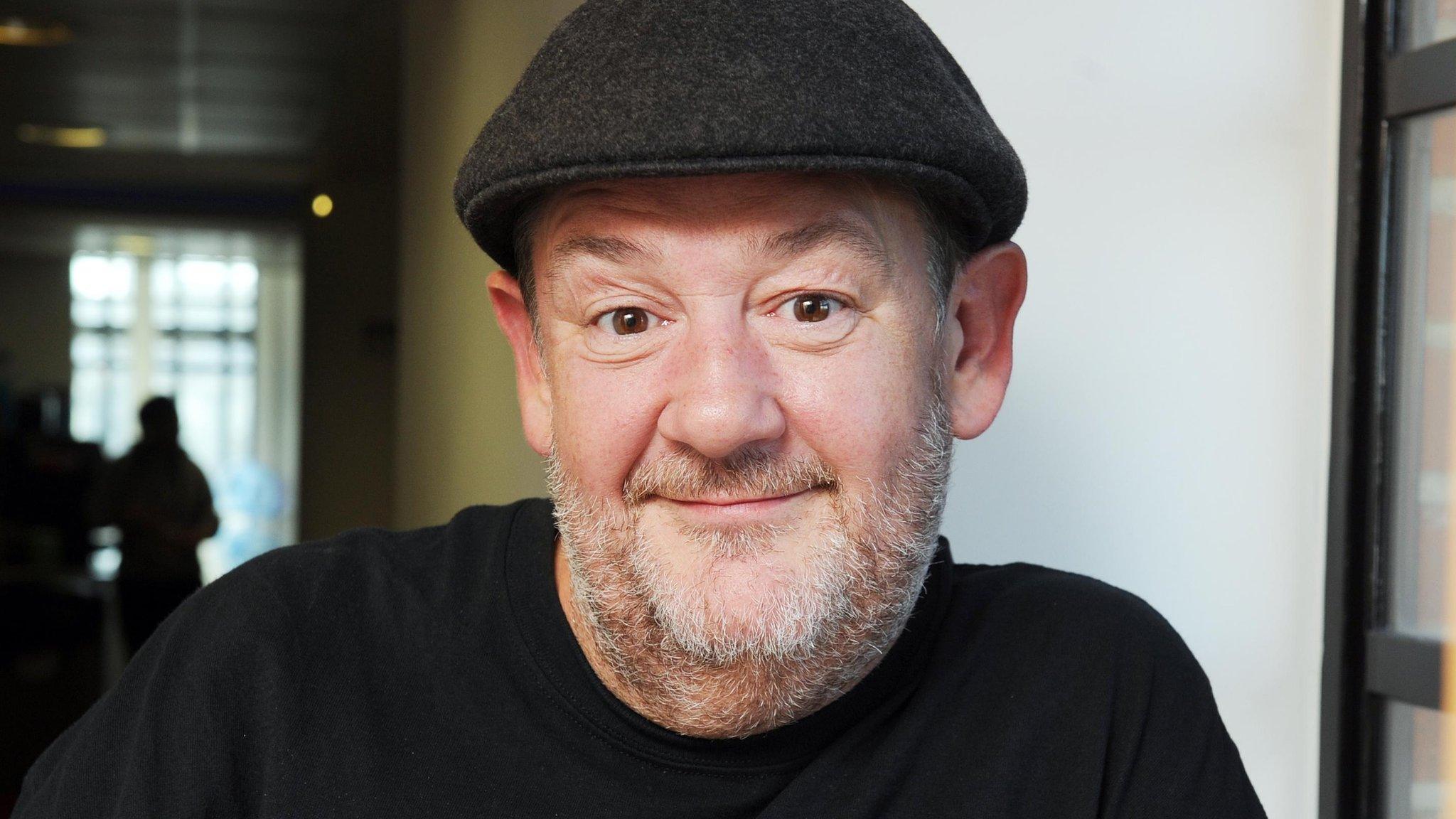ADHD in women: 'It's like someone tuned in the radio'
- Published
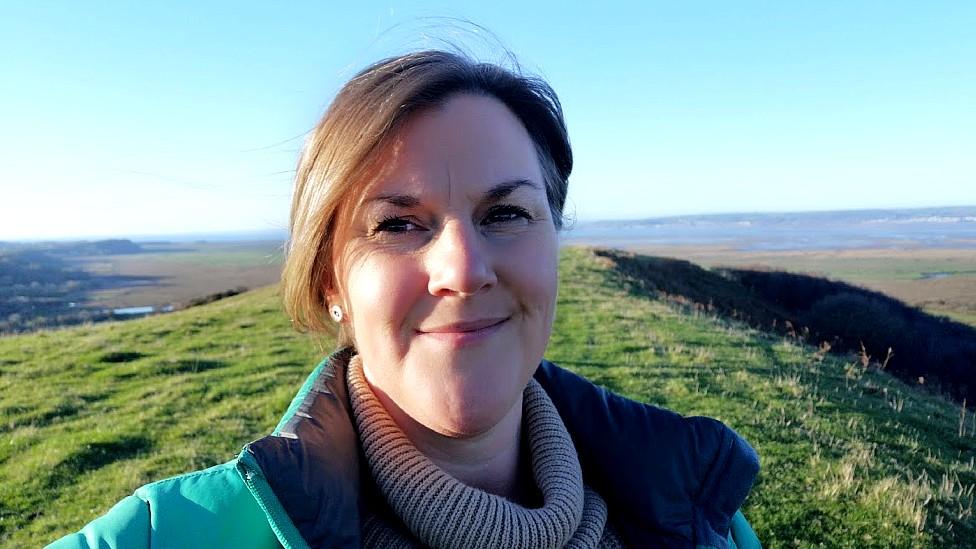
Emma Tregoning describes herself as "chaotic, hyper and a chatterbox" as a child
"It's like someone tuned in the radio."
This is how Emma Tregoning describes her life after starting medication for a condition she did not know she had until she was in her 40s.
Emma, from Gower in Swansea, only discovered she had lived with attention deficit hyperactivity disorder - ADHD - all her life after her youngest son was diagnosed with it.
The paediatric nurse is a founder member of Swansea Women's ADHD Network (Swan), external, a group of mainly middle-aged and older women, which offers support and guidance to this slowly emerging cohort who are finally being recognised after years of many people thinking ADHD only affected "naughty boys".
ADHD is a neurological condition, external where low levels of brain neurotransmitters such as dopamine, external can make it hard for those with it to concentrate or focus, making them seemingly inattentive (even if in fact they have a thousand things going in inside their head).
They struggle with time management and organisational tasks, are restless and fidgety in some cases and can have emotional reactions that are more extreme than usual - a less known but equally important symptom.
During her son's ADHD testing process, Emma's husband noticed she shared some of the traits and while she agreed, she acted only a few years later under prompting by a friend who had recently been diagnosed.
"I've always been quite chaotic, I suppose. People have always described me as hyper when I was a child, chatterbox, always on the go, always doing too many things at once, very loud as a child," she said.
She had been diagnosed with auditory dyslexia, external when she was 16 which she now sees as a flag that other things were going on.
"I've always struggled listening to people. If someone gives me a bit of information I have to really concentrate and find it quite laborious if somebody is telling me something," she said.
"All these things started to add up, when I learned about executive functioning, external and some of the other things somebody with ADHD can struggle with."
She contacted her GP last July and by November had had a full assessment by a psychiatrist and got a diagnosis, which she acknowledges happened much faster than for many people.
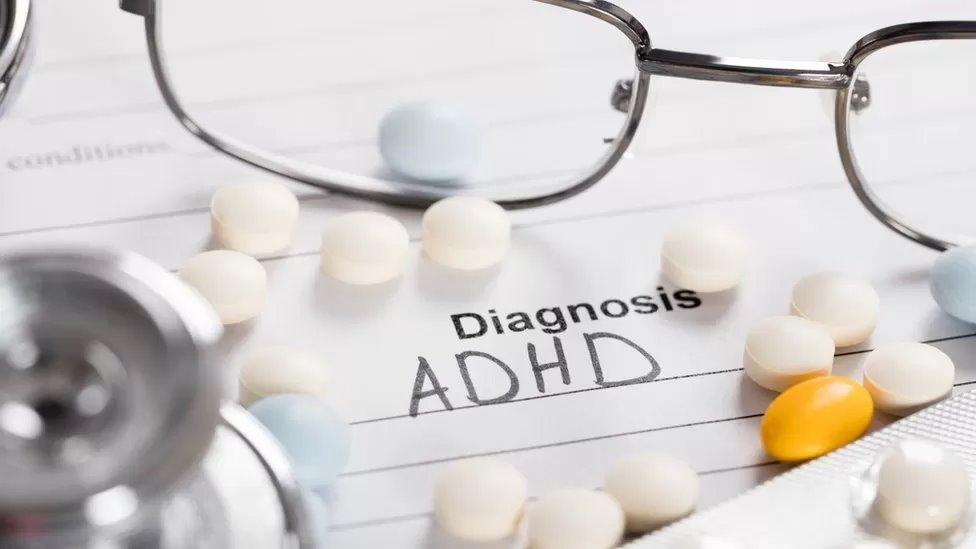
Far more boys than girls are currently diagnosed with ADHD
"I started medication straight away. I'm just getting my head around the fact that all those things I don't realise I've struggled with all my life and thought were maybe just me [weren't]," she said.
"Sounds ridiculous but I thought maybe I'm just a bit thick, maybe I'm just a bit slow."
Emma described hating school because of having to sit still, but she said an ability to hyper-focus - an ADHD trait where one thing holds attention to the exclusion of all else - meant she succeeded in getting enough GCSEs and A-levels to go to university and pursue her ambition of becoming a nurse.
However it has had an impact on her working life too. She is known for being great in emergency situations when the hyper-focus and being "in the moment" give her the ability to thrive in that environment, but routine tasks and balancing multiple time-sensitive tasks have been a challenge.
'Things have fallen apart'
"You might look at me educationally and think, oh well, she's been successful. She hasn't struggled; she's managed to get qualifications.
"Yes, but when you look at the rest of my life, things have fallen apart.
"I've suffered from anxiety and have been medicated on and off for the past 15 years," she said. The condition had also affected previous relationships which had been difficult and argumentative.
The medication she takes helped from day one, she says.
"You know when you've got two radio stations, before we had digital radio, you'd be tuning a radio station and you'd be half way between two.
"You'd be like oh there's a bit of Classic FM and there's a bit of Galaxy 101. Tuning the two of them.
"I didn't realise that was what my brain was like until taking the meds and realising somebody had tuned it in and I could hear everything."
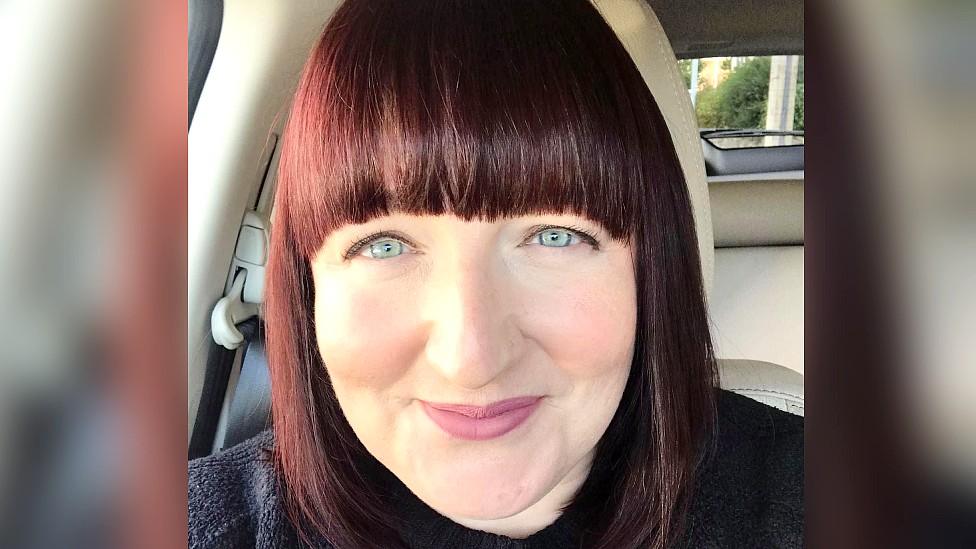
Rhian Bellamy's daughter recognised the signs of ADHD in women after viewing a TikTok video
Emma's friend Rhian Bellamy, a mother of three daughters, had only ever heard of ADHD in connection with "boys causing trouble in class".
"In 2021 my eldest daughter went to university and I think she was literally on TikTok and something popped up on one of the videos talking about ADHD in women and girls," she explained.
"I had this phone call from her and she said, 'I think I've got ADHD and I think you do too'."
Rhian said everything "fell into place" once she started looking into the condition, particularly how it can manifest in women.
For her daughter, it was the move to university and living with other people that made her realise the way they lived at home was not necessarily the same for everyone.
Rhian explained: "It's the clutter; it's the not finishing tasks; it's the struggling to sit down and do the work which you know you should be doing but you don't know why you're not doing it.
"Losing things constantly. The time blindness as well, that's always been an issue.
"The name is very misleading, attention deficit - actually the issue is you've got too much attention for everything around you. The classic is for girls, they say they are daydreaming, but actually what's going on is 100 thoughts per minute in their head thinking about all these other things."
She was diagnosed six months after an initial referral from a GP.
"Two days later I started medication. I consider myself extremely lucky because I know it's very different all over Wales. I know there's places where they haven't even got it set up, so there's people who have been waiting for years," she said.
Her younger daughters have both now been diagnosed with the condition despite the school refusing to refer for testing saying their grades were "too good" for them to have it.
'I feel more motivated'
As with Emma, starting medication has made a significant difference to Rhian's daily life.
"When people without ADHD have a task to do that they consider not very interesting they just do it because… they are getting a bit of a [dopamine] reward for doing it without realising it.
"Because ours isn't processed in the usual way, we struggle to do the less interesting things. I've found since taking the medication I've achieved so much. I feel more motivated."
She describes the support group as an amazing resource which has complemented the medical treatment. "Everyone is at different stages and everyone helps each other. You're with people that just get it," se said.
Rhian wants wider recognition of symptoms in girls, such as daydreaming or being a "chatterbox", adding: "I can forgive people for not having the awareness because I wasn't aware".
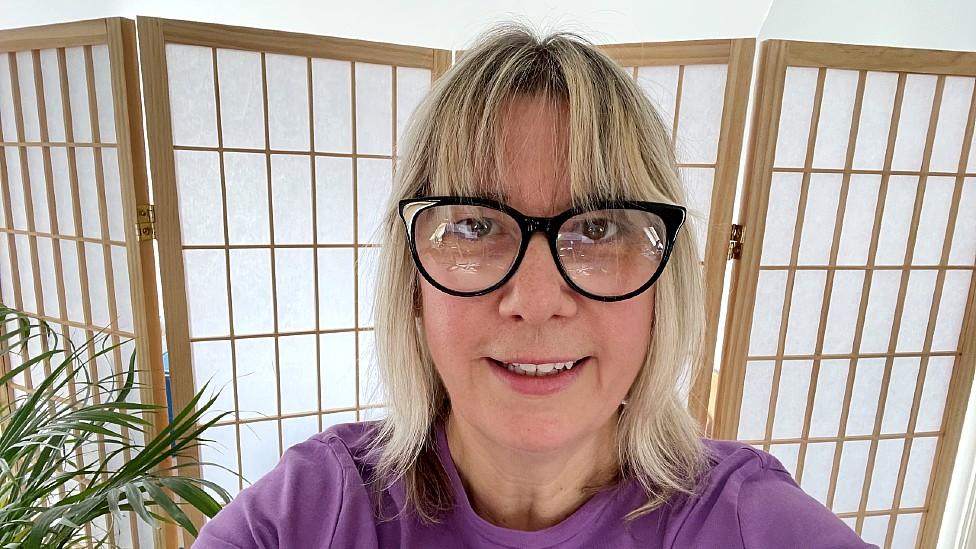
Esther Barrett trained as an ADHD coach once she realised she had the condition
During the first lockdown, fellow Swan founder Dr Esther Barrett's son suggested to her a number of times that she might have ADHD, a decade after he was diagnosed.
A learning technology consultant in education and now an ADHD coach, Esther, 55, travelled a lot and was always "busy, busy, busy - a bit of a giveaway in its own right", she says.
"And then during the pandemic, everything went. I was still busy, but I was online busy, and I had more time to think about things.
"It just dawned on me one day, oh I see. I saw myself in Zoom meetings just moving about, putting lip salve on many times, drinking probably a gallon of water during online calls - just could not keep still and it was very hard to focus as well because it was the same format over and over again," she said.
"I realised he was right."
Esther saw a private specialist and when her results came back positive she was "really chuffed because it did explain my entire life in a way that I would not have otherwise been able to explain," she said.
"I mean doing stupid things, but all the good stuff and all the interests and obsessions but also the mistakes and the bad times."
It was she who brought the other two women together to start Swan initially, after meeting Rhian as a client through her coaching work.
'They're a bit like me'
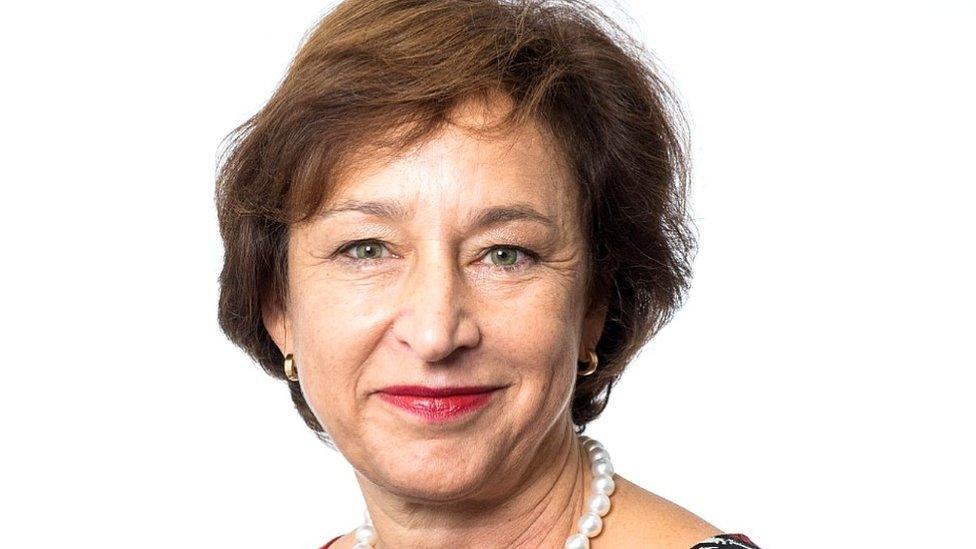
Previous misconceptions about how ADHD presents in women have led to under-diagnosis, Prof Amanda Kirby says
Prof Amanda Kirby, chair of the ADHD Foundation and a former GP, said many women were only coming forward in their 40s, 50s and 60s and gaining a diagnosis because of previous misconceptions and lack of awareness about female-typical symptoms.
"Often those women have been diagnosed with other conditions earlier in life, so it might be anxiety, depression, eating disorders, substance misuse," she said.
"Many of those women have children who are neurodivergent themselves and they go 'oh, they're a bit like me' and then start to recognise that they could potentially have ADHD."
Oestrogen and the menstrual cycle could cause an alteration in behaviour at different times of the month, and menopause could also be a factor in increasing symptoms as oestrogen levels fell.
To pick up girls with the condition up at an early age, Prof Kirby said training and awareness in educational and medical professionals were key.
"That quiet girl may be inattentive, there may be reasons why she's not working optimally. Sometimes what we see is bright, capable girls are taking that home and internalising it."
Or as Rhian puts it: "It's not a super power. It's very hard work."
- Published25 February 2023
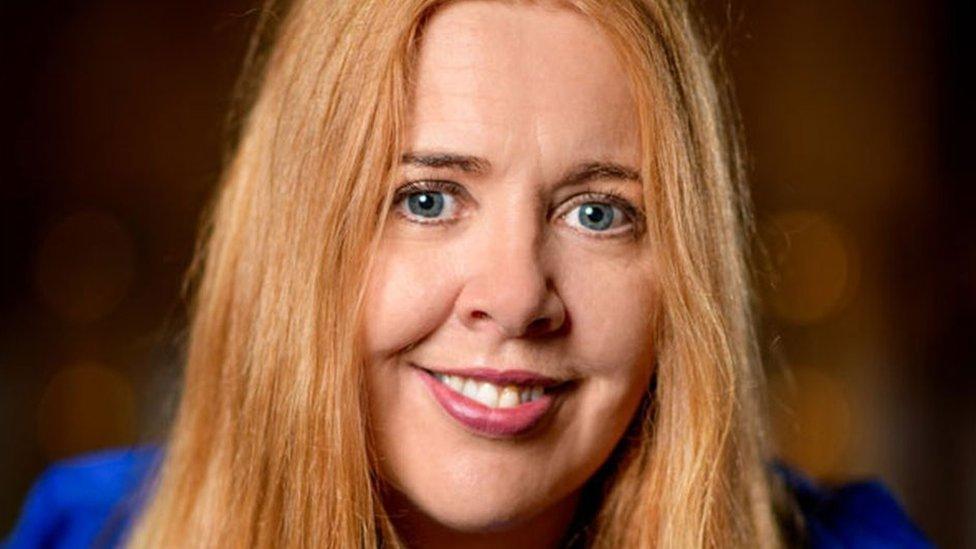
- Published22 January 2023
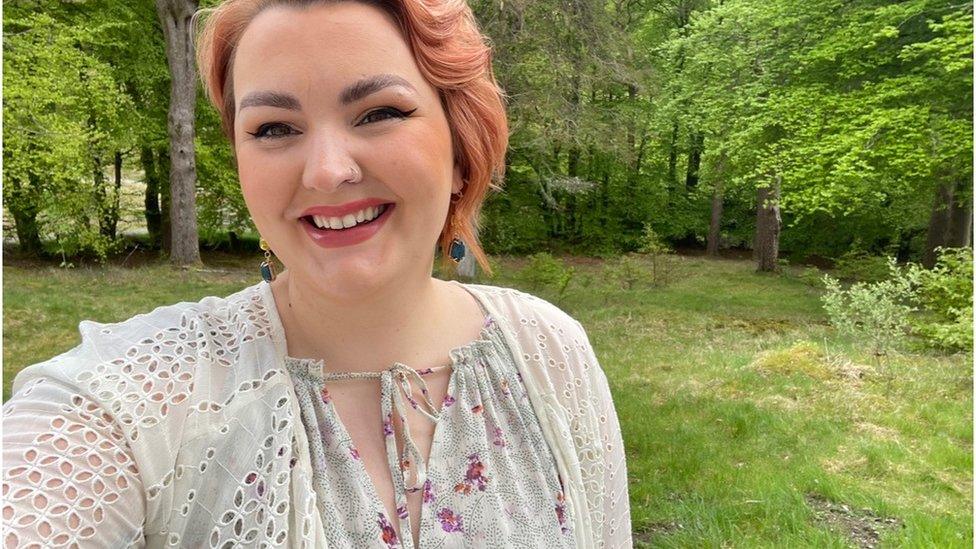
- Published22 September 2022
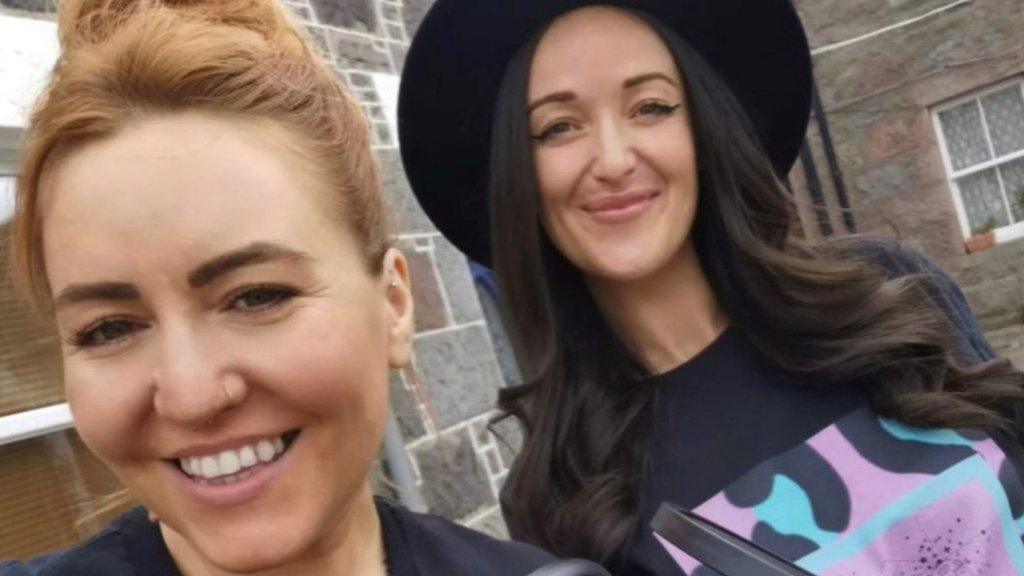
- Published10 October 2022

- Published16 August 2022
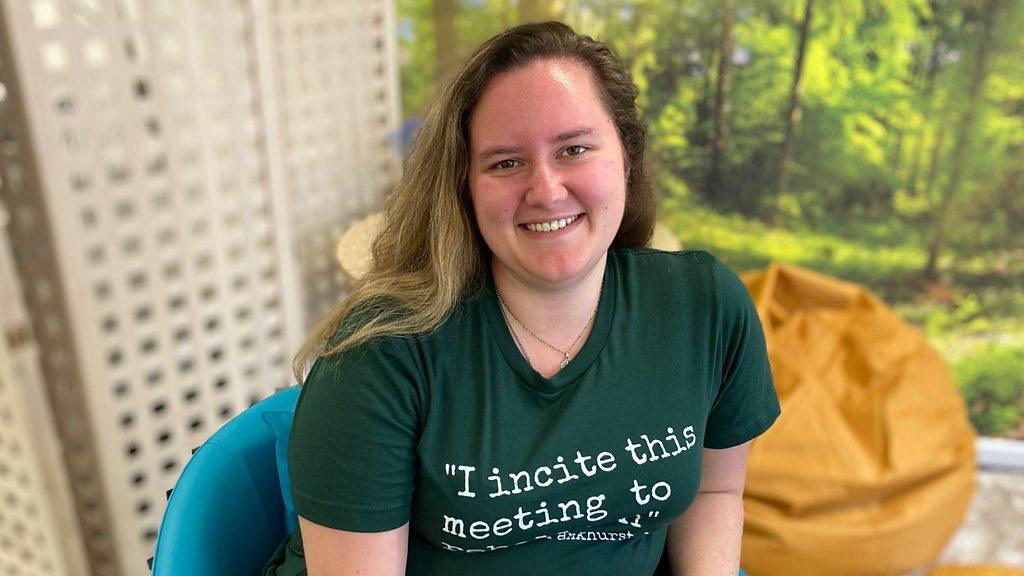
- Published28 February 2023
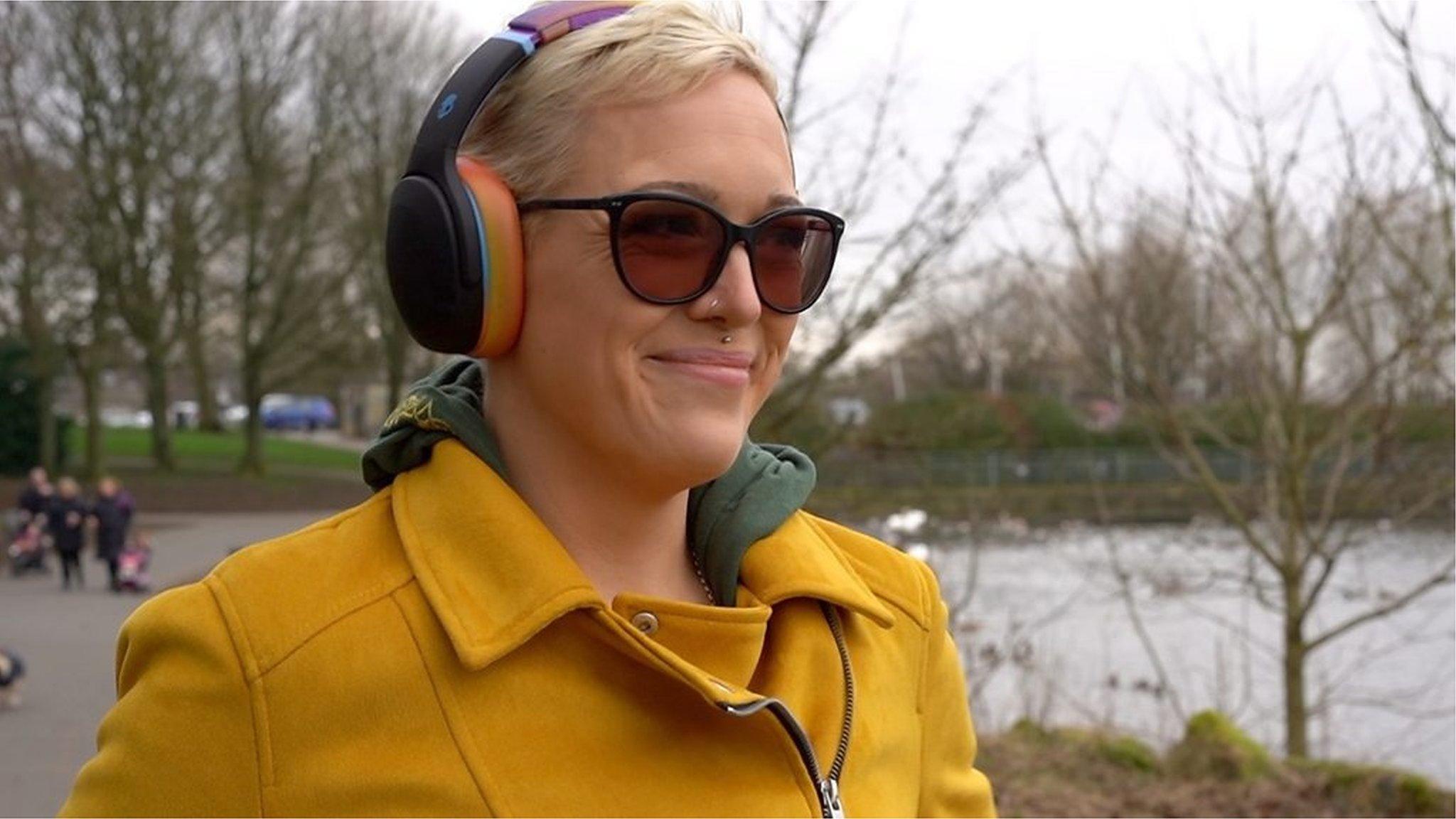
- Published11 January 2023
